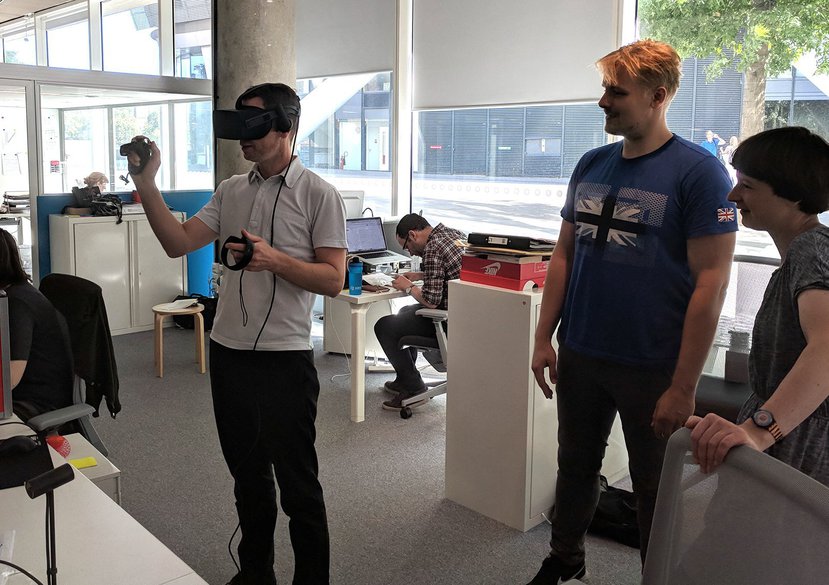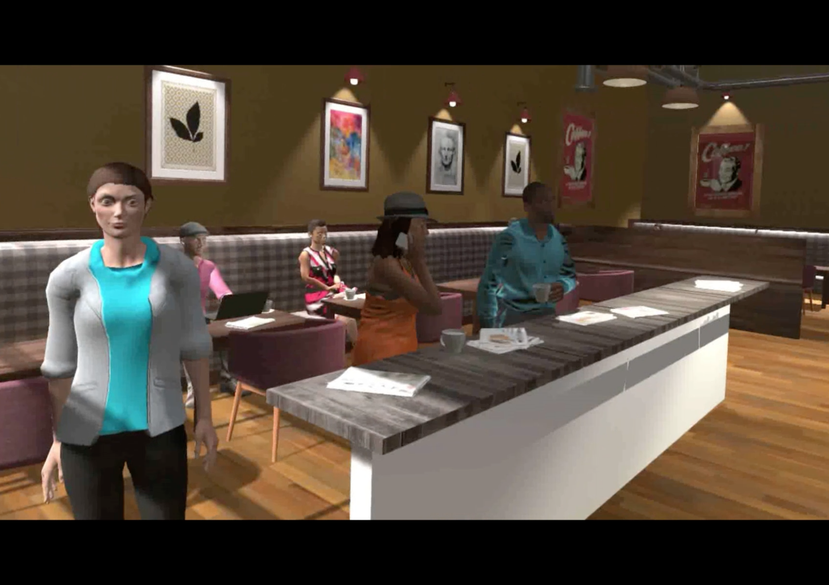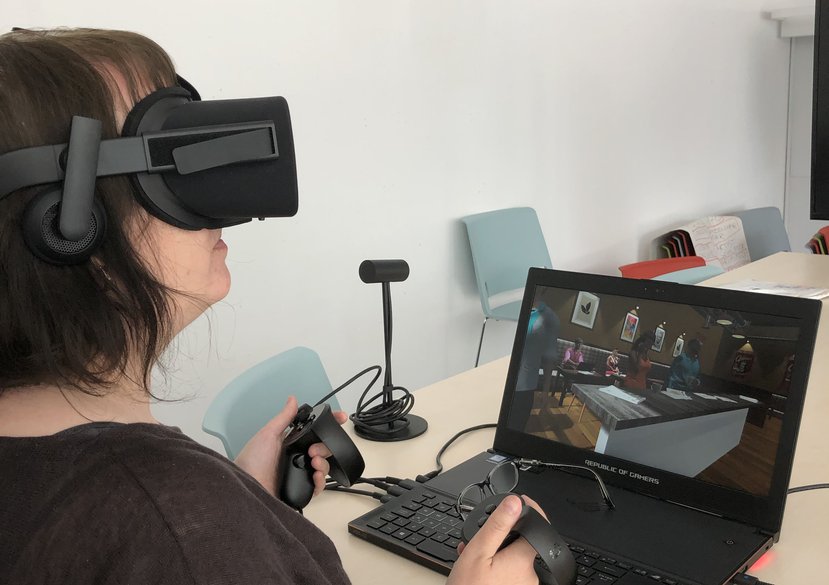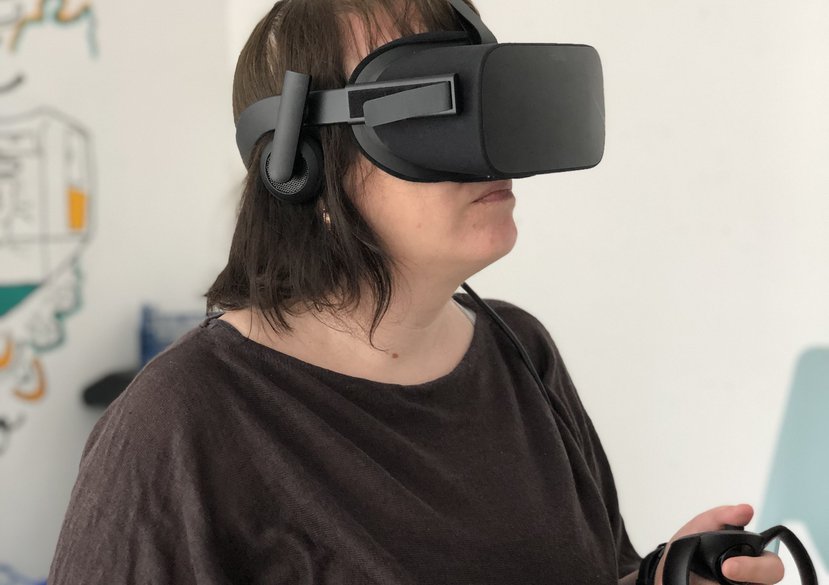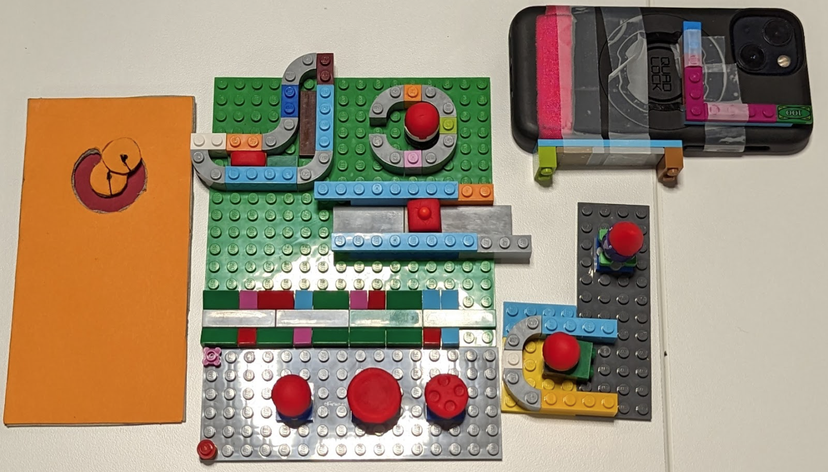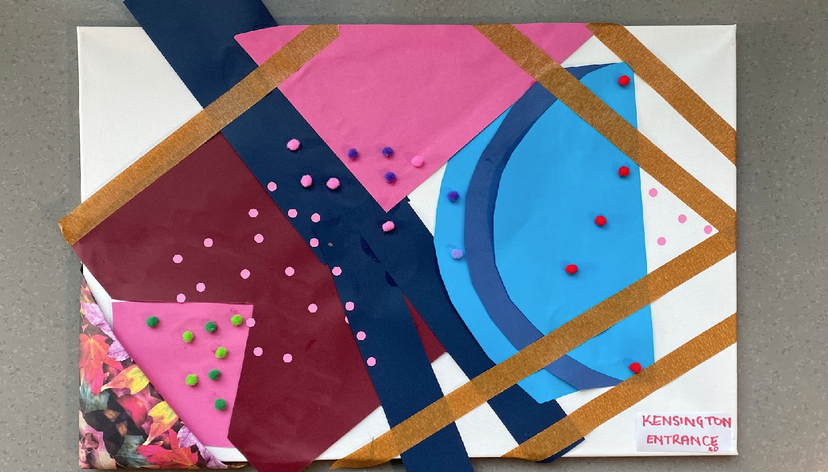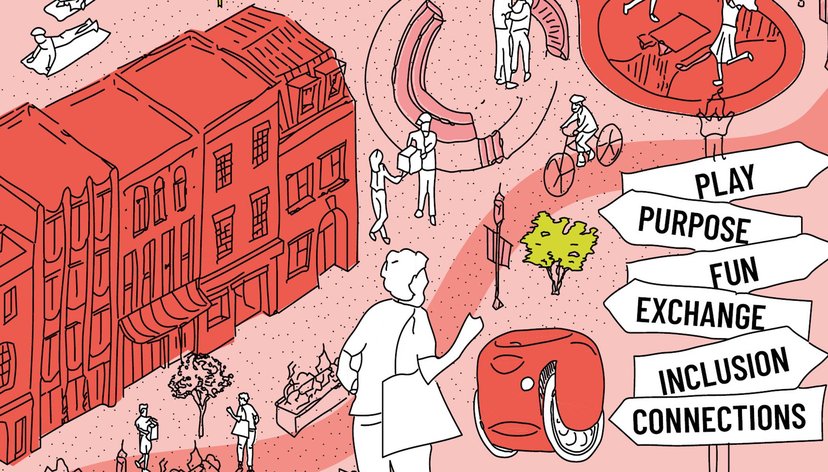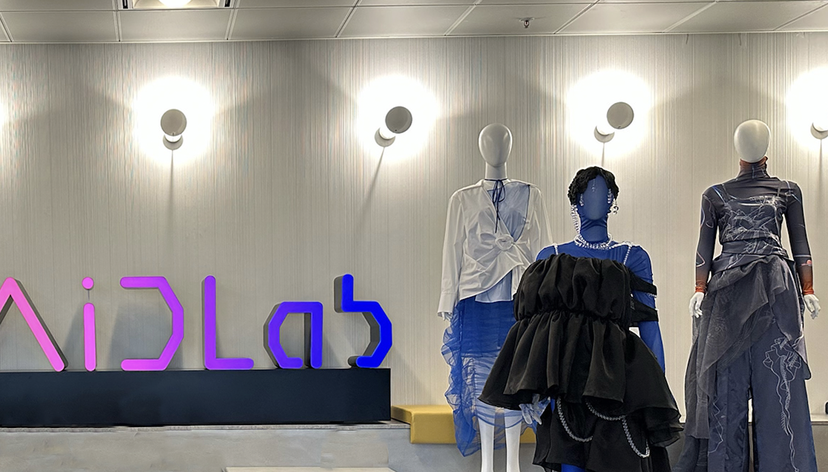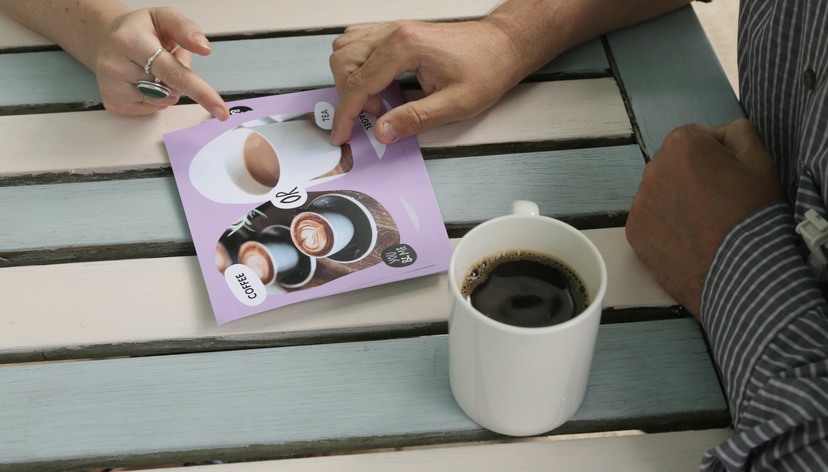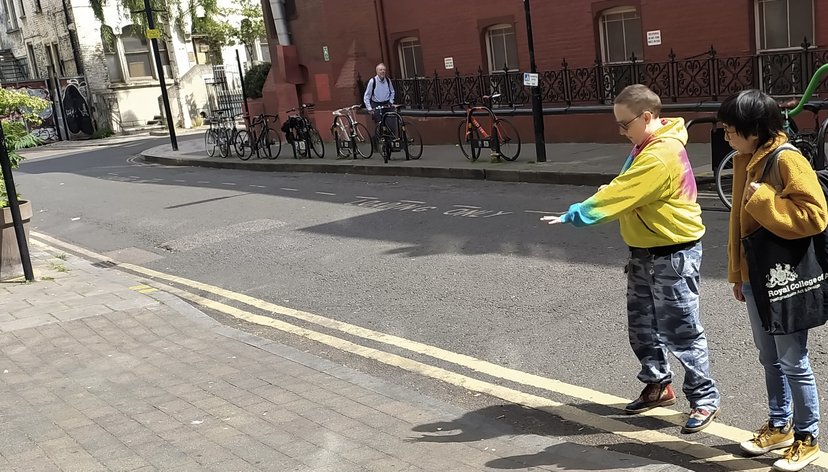
Immersive Virtual Reality to Transform the Lives of Patients with Psychosis.
At a glance
- A collaborative project with academic and clinical partners over a number of years, bringing design expertise to an R&D project.
- We worked with psychologists, people Living with psychosis and NHS staff to design VR environments / scenarios that can be guided by a virtual coach.
- Scenarios, have differing levels of social interaction, helping guide people though their thoughts, feelings, and responses in social situations.
- The design will be trialled in multiple sites across the UK, aiming for the final VR therapy to be adopted into NHS practice.
Key details
Gallery
More information
The challenge
How can we create Virtual Reality to help the therapy for people with psychosis?
Psychosis is an umbrella term that refers to a collection of unusual experiences that cause the person significant distress. Currently only five per cent of people with psychosis receive psychological therapy, and that therapy seldom directly addresses social withdrawal.
The Helen Hamlyn Centre for Design is collaborating with Oxford University, and academic and clinical partners across the UK to develop Virtual Reality (VR) therapy for people experiencing psychosis. The project is funded by the National Institute for Health Research.
Our approach
Through the Centre’s Research Associate programme, our designers worked with psychologists, people with lived experience of psychosis and NHS staff to design new VR environments and scenarios that can be guided by a virtual coach. Numerous workshops and co-design sessions with key stakeholders were held across England, feeding directly into design decisions concerning the characters, environment and tasks within the VR treatment. These scenarios, which have differing levels of social interaction, aim to help guide the user though their thoughts, feelings, and responses in social situations.
Outputs
The output of the design research culminated in a VR treatment which is being trialled in multiple sites across the UK, and it is hoped that the final VR therapy will be adopted into NHS practice.
